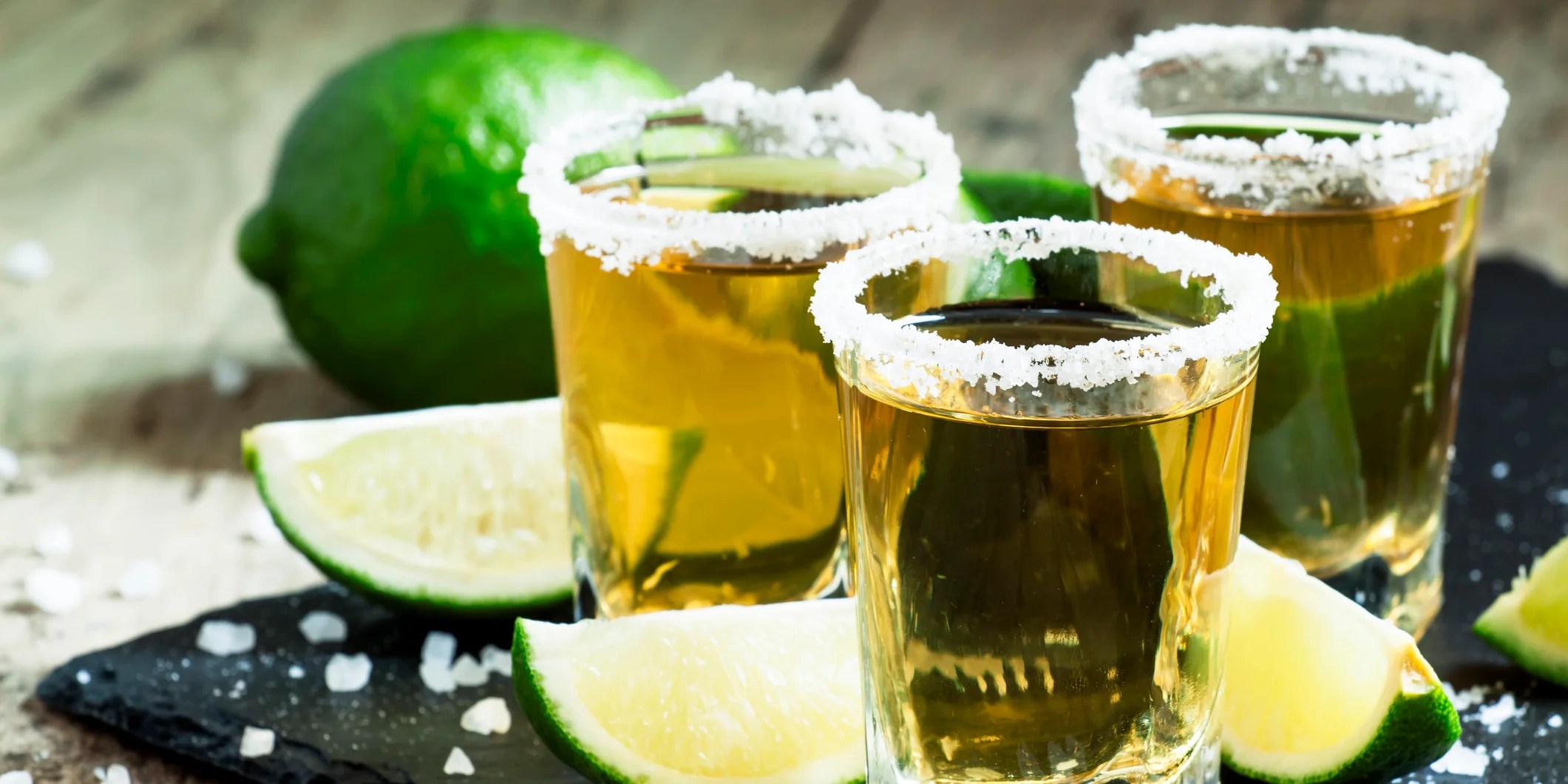Tequila, the popular alcoholic beverage made from the blue agave plant in Mexico, has been gaining attention for its potential impact on the environment. With the increasing demand for tequila worldwide, concerns have been raised about the sustainability of its production and the consequences for the ecosystem.
One of the main environmental issues associated with tequila production is the intensive farming of agave plants. Agave cultivation requires a significant amount of water, which can lead to water scarcity in the region. In addition, the agave plants are often grown in monoculture, which can deplete the soil of nutrients and increase the risk of pests and diseases.
Another concern is the use of pesticides and fertilizers in agave farming. These chemicals can have negative effects on the soil, water, and wildlife in the surrounding areas. In some cases, pesticide runoff can contaminate water sources and harm aquatic ecosystems.
Furthermore, the production process of tequila involves energy-intensive activities such as cooking, fermentation, and distillation. The use of fossil fuels to power these processes can contribute to air pollution and greenhouse gas emissions, which are major drivers of climate change.
Despite these environmental challenges, some tequila producers are taking steps to reduce their impact on the environment. For example, some distilleries are implementing water conservation measures, such as recycling water used in the production process. Others are exploring alternative energy sources, such as solar power, to reduce their carbon footprint.
Organic and sustainable tequila brands are also becoming more popular, as consumers are increasingly concerned about the environmental and social impact of the products they purchase. These brands prioritize eco-friendly practices in agave farming, production, and packaging, and often support local communities and biodiversity conservation efforts.
While the tequila industry still has a long way to go in terms of sustainability, there are positive developments that suggest a more environmentally friendly future for this iconic spirit. By raising awareness about the environmental challenges of tequila production and supporting brands that prioritize sustainability, consumers can play a role in driving positive change in the industry.
In conclusion, while tequila can have negative environmental impacts due to intensive farming practices and energy consumption, there are opportunities for improvement through sustainable practices and consumer support for eco-friendly brands. By making informed choices and advocating for responsible production methods, we can help ensure that our favorite spirit does not come at the expense of the planet.
Keywords: 1. is tequila eco friendly 2. how does tequila affect the environment 3. tequila production environmental impact 4. tequila sustainability 5. tequila environmental issues 6. tequila industry and the environment 7. tequila carbon footprint 8. agave farming and the environment 9. organic tequila brands 10. sustainable practices in tequila production
Exploring The Benefits Of Sound Absorbing Chambers
Exploring The Electric Feeling When Kissing
Debbie's Bellows: A Hidden Gem In The Heart Of The City


